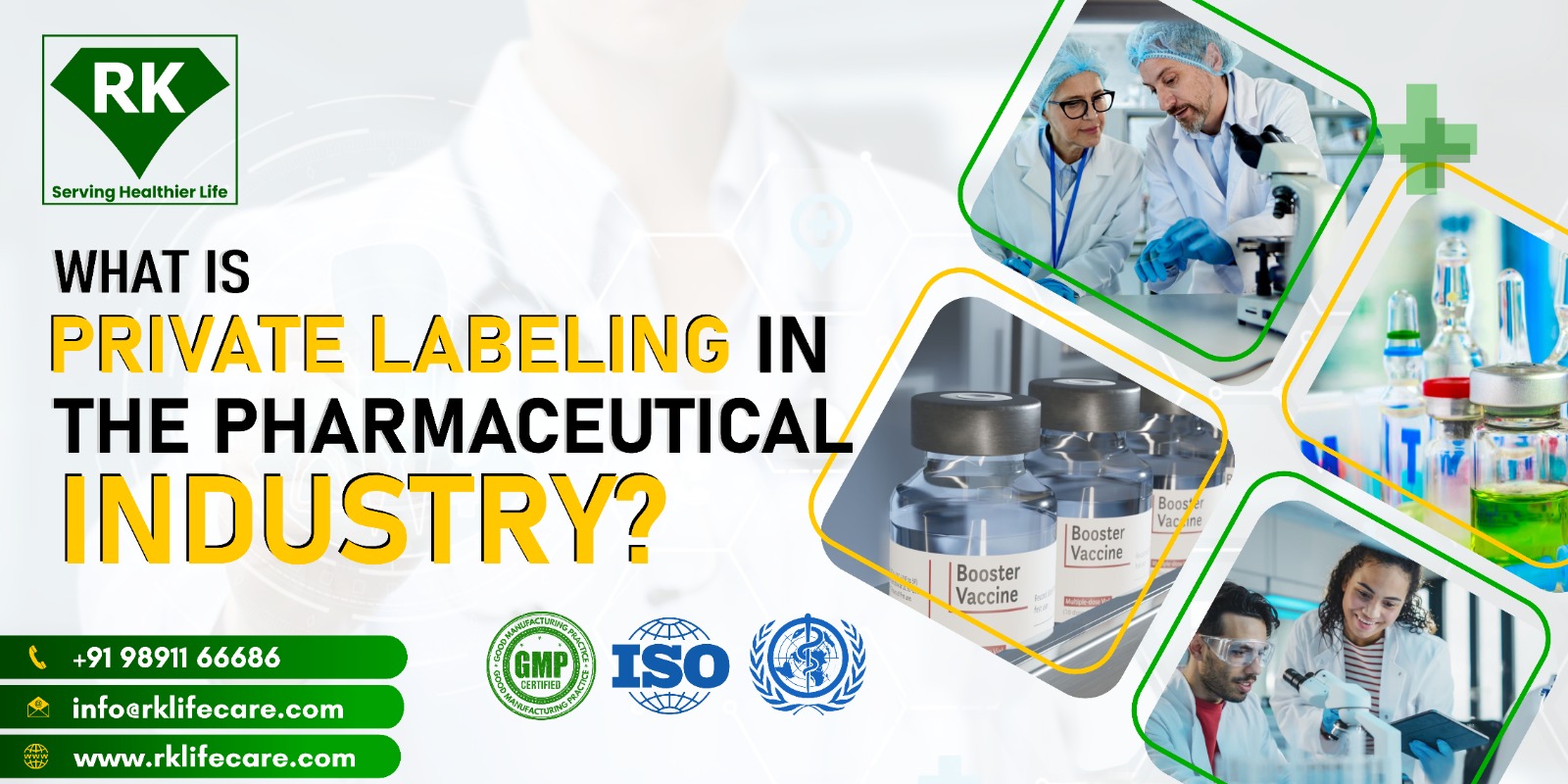
Private labeling in the pharmaceutical industry is a business strategy that allows companies to sell pharmaceutical products under their own brand name, even if they are manufactured by third-party companies. This approach enables businesses to enter the pharmaceutical market with minimal investment in manufacturing facilities while taking advantage of existing expertise and regulatory compliance.
In this detailed guide, we will explore private labeling in the pharmaceutical industry, including its advantages, process, regulatory considerations, market trends, and potential challenges. By the end of this article, you will have a complete understanding of how private labeling works and how it can benefit pharmaceutical businesses.
Understanding Private Labeling in Pharmaceuticals
What is Private Labeling?
Private labeling refers to the practice in which a company sells products manufactured by another company under its own brand. In the pharmaceutical industry, this means a company can market drugs, injections and other pharmaceutical products without owning manufacturing facilities.
Key Stakeholders in Private Labeling
-
Private Label Company: A business that markets and sells a product under its own brand name.
-
Contract Manufacturer: The company that is responsible for manufacturing the product in accordance with regulatory guidelines.
-
Regulatory authorities: FDA (USA), EMA (Europe), CDSCO (India) and other bodies that ensure compliance with pharmaceutical regulations.
-
Distributors & Retailers: Entities that distribute and sell private label pharmaceutical products.
Advantages of Private Labeling in the Pharmaceutical Industry
1. Cost-Effectiveness
Private labeling allows businesses to enter the pharmaceutical market without investing in expensive manufacturing units, equipment, and compliance facilities. This significantly reduces overhead costs.
2. Faster Time-to-Market
Since the products are manufactured by an established company, the brand owner can launch the product immediately without worrying about R&D and production complexities.
3. Focus on Branding & Marketing
With the focus on manufacturing, businesses can concentrate on branding, marketing and distribution, ensuring better visibility and market penetration.
4. Access to Expertise & Technology
Contract manufacturers have the necessary technology, expertise and regulatory approvals, ensuring high-quality production standards.
5. Scalability & Flexibility
Private labeling offers the flexibility to scale up production based on market demand, without any major capital investment.
The Process of Private Labeling in Pharmaceuticals
Step 1: Market Research & Product Selection
-
Identify market gaps and demand for specific pharmaceutical products.
-
Conduct competitive analysis.
-
Select the right product category (e.g., dry injections, liquid injections, tablets, capsules, etc.).
Step 2: Finding a Contract Manufacturer
-
Look for a manufacturer with expertise in the required product type.
-
Ensure the manufacturer has necessary regulatory approvals (e.g., GMP, FDA, WHO certification).
-
Evaluate manufacturing capacity and quality assurance processes.
Step 3: Product Formulation & Compliance
-
Work with the manufacturer to finalize the formulation.
-
Ensure compliance with local and international pharmaceutical regulations.
-
Obtain necessary approvals and licenses.
Step 4: Branding & Packaging Development
-
Design branding elements (logo, product label, packaging).
-
Ensure packaging meets regulatory requirements (e.g., labeling guidelines, batch numbers, expiry dates).
Step 5: Production & Quality Control
-
The manufacturer produces the product in bulk.
-
Conduct quality control checks to ensure consistency and efficacy.
Step 6: Distribution & Marketing
-
Establish distribution channels (wholesalers, online platforms, pharmacies).
-
Implement marketing strategies to promote the brand.
Regulatory Considerations for Private Label Pharmaceuticals
1. Compliance with Regulatory Authorities
Private-label pharmaceutical products must adhere to strict regulations imposed by agencies such as:
-
FDA (Food & Drug Administration) – USA
-
EMA (European Medicines Agency) – Europe
-
CDSCO (Central Drugs Standard Control Organization) – India
-
TGA (Therapeutic Goods Administration) – Australia
2. Good Manufacturing Practices (GMP)
Manufacturers must comply with GMP guidelines to ensure product safety, efficacy, and quality.
3. Labeling & Packaging Regulations
Labels must include:
-
Product name
-
Active ingredients & dosage
-
Manufacturing & expiry date
-
Batch number
-
Regulatory approval details
4. Import & Export Laws
Companies involved in private labeling must be aware of international trade regulations for pharmaceuticals.
Market Trends in Private Label Pharmaceuticals
1. Growing Demand for Generic Medications
Generic drugs are gaining popularity due to their affordability, making private-label pharmaceuticals an attractive business model.
2. Increased Outsourcing to Contract Manufacturers
Many pharmaceutical companies are outsourcing production to focus on marketing and distribution.
3. Expansion of E-Pharmacies
The rise of online pharmacies has boosted the demand for private-label pharmaceutical products.
4. Rising Demand for Specialty Pharmaceuticals
Private labeling is expanding into niche markets like oncology drugs, biologics, and high-end specialty pharmaceuticals.
Challenges in Private Labeling Pharmaceuticals
1. Regulatory Compliance
Navigating complex regulatory landscapes across different countries can be challenging.
2. Quality Control & Consistency
Ensuring that contract manufacturers maintain consistent quality standards is crucial.
3. Brand Recognition & Trust
Since private-label brands compete with established pharmaceutical brands, gaining customer trust can take time.
4. Dependence on Manufacturers
Reliance on third-party manufacturers for production can pose risks related to supply chain disruptions and pricing.
Conclusion
Private labeling in the pharmaceutical industry is an excellent business strategy for companies looking to enter the market with minimal investment in manufacturing. By leveraging contract manufacturing, businesses can focus on branding, marketing, and distribution while ensuring product quality and regulatory compliance.
However, success in private-label pharmaceuticals requires careful selection of manufacturing partners, strict adherence to regulatory guidelines, and strong marketing strategies. As the pharmaceutical industry continues to evolve, private labeling is expected to play a key role in increasing access to high-quality and affordable medicines around the world.
Final Thought
If you’re considering private labeling in the pharmaceutical sector, conducting thorough research, ensuring regulatory compliance, and partnering with reputable contract manufacturers will be keys to long-term success.
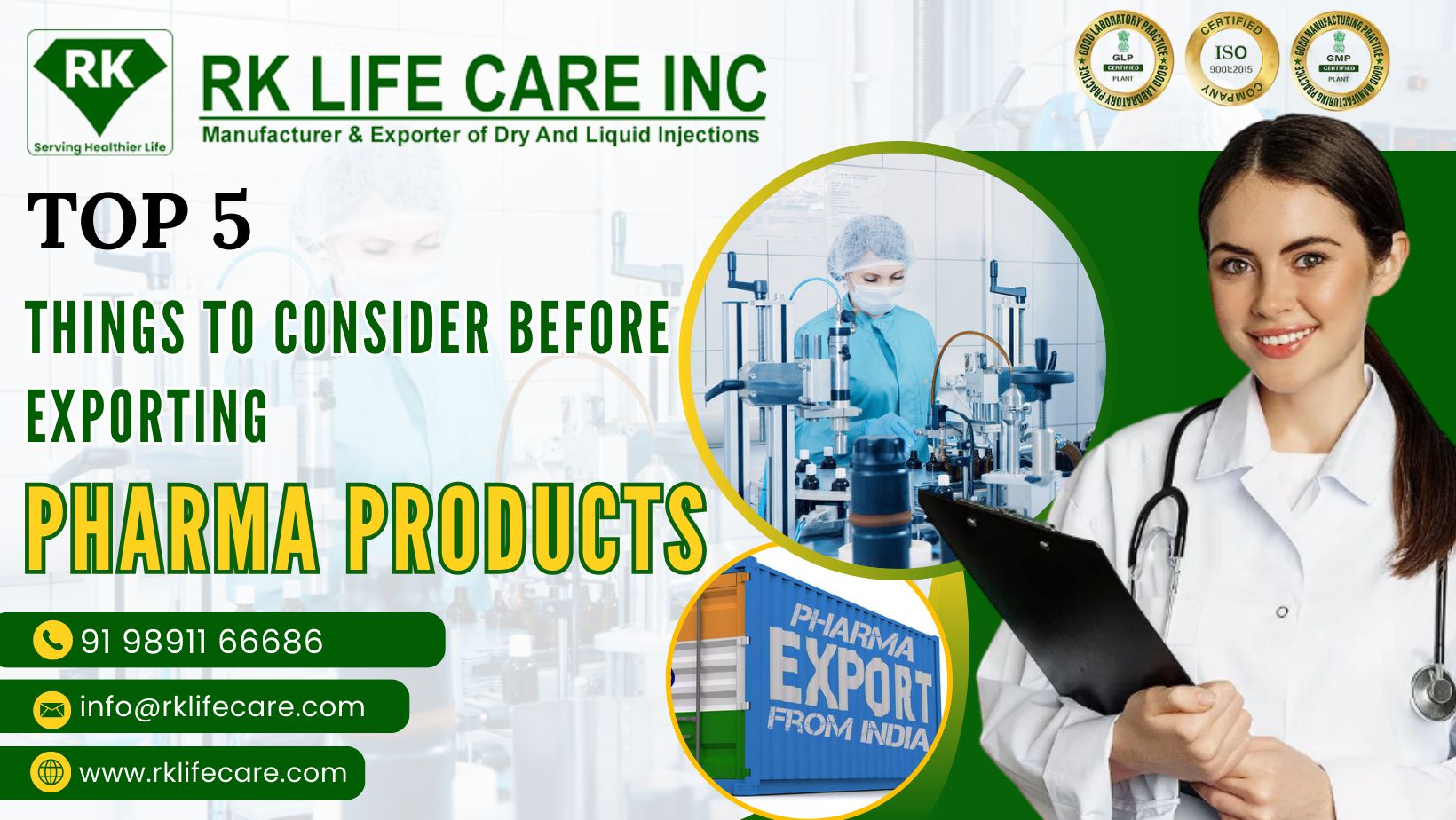
22 Jan 2026
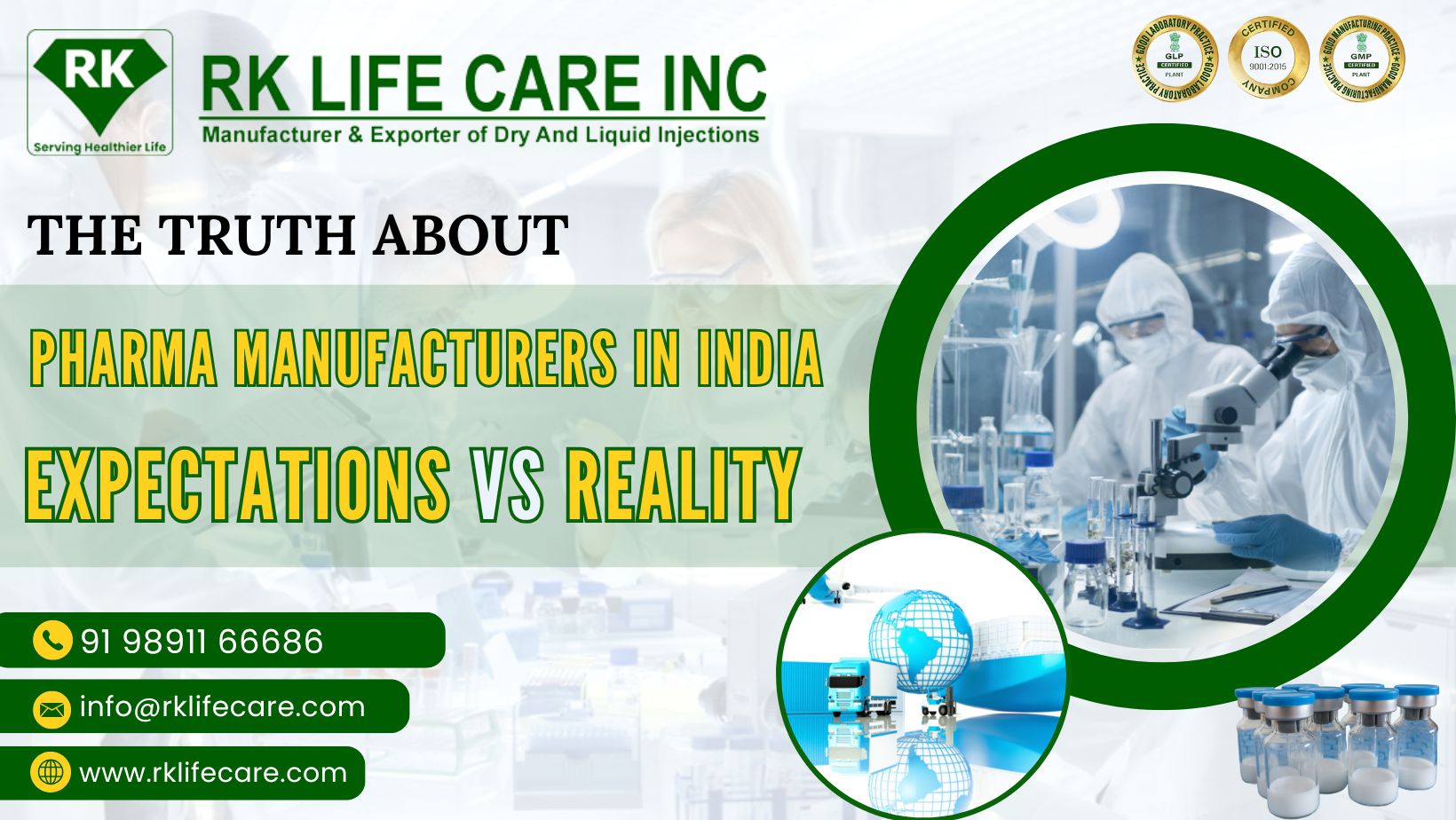
20 Jan 2026
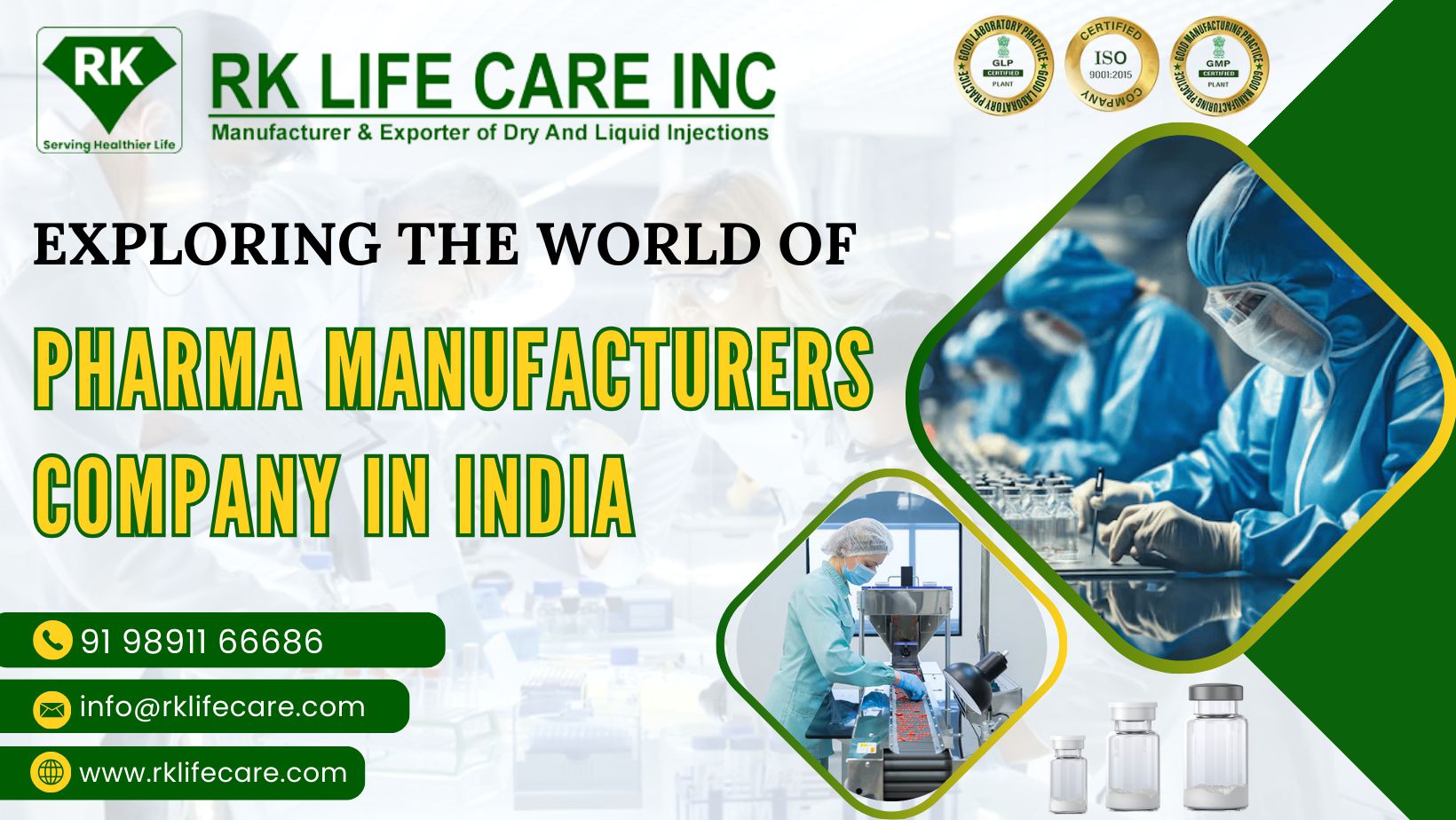
19 Jan 2026
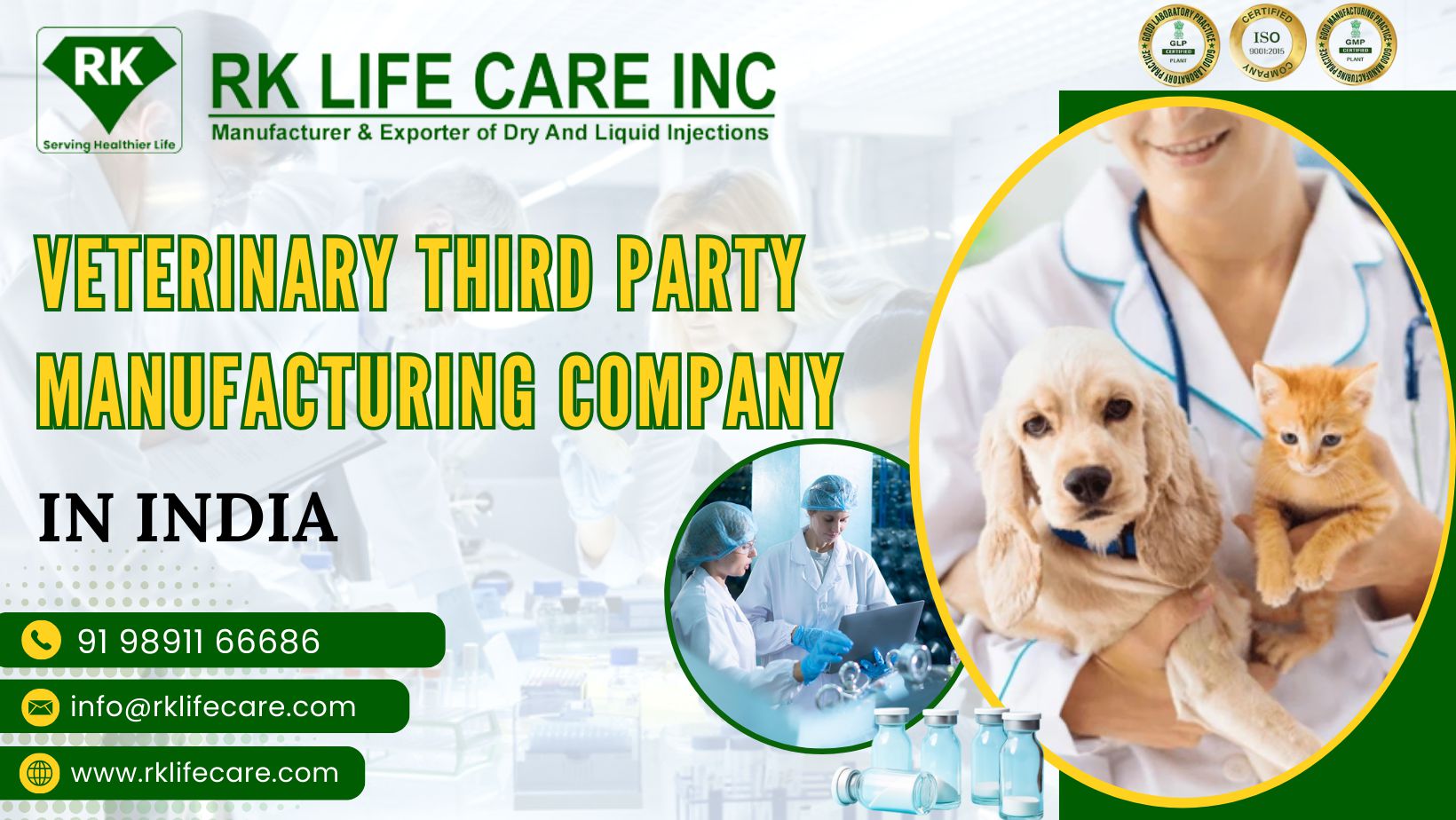
17 Jan 2026

16 Jan 2026